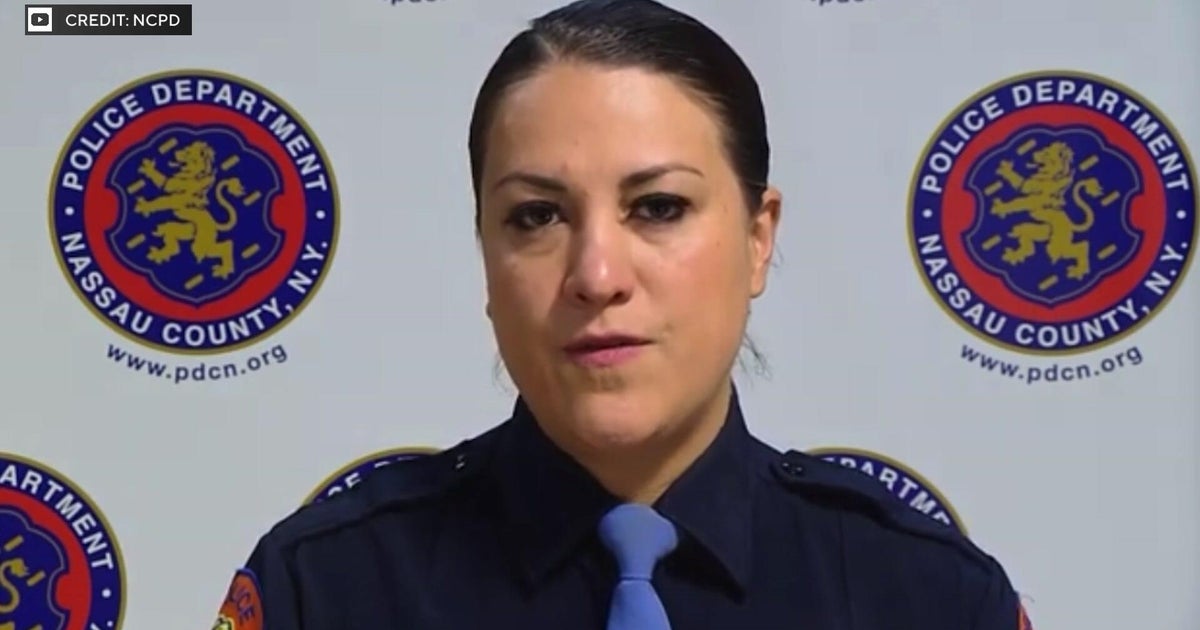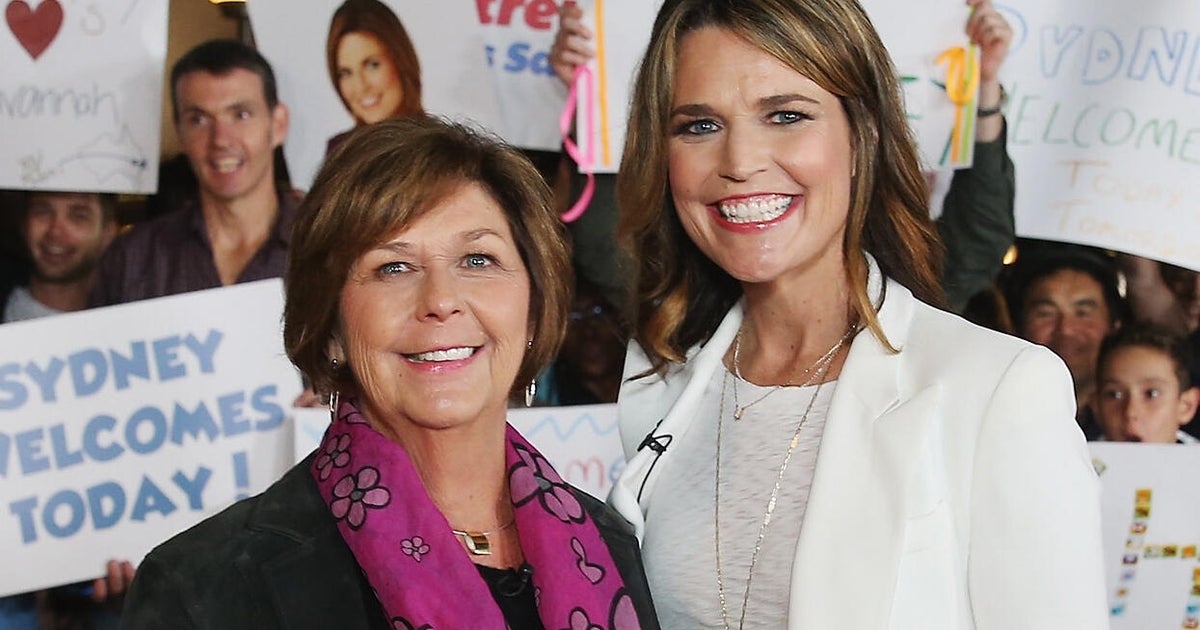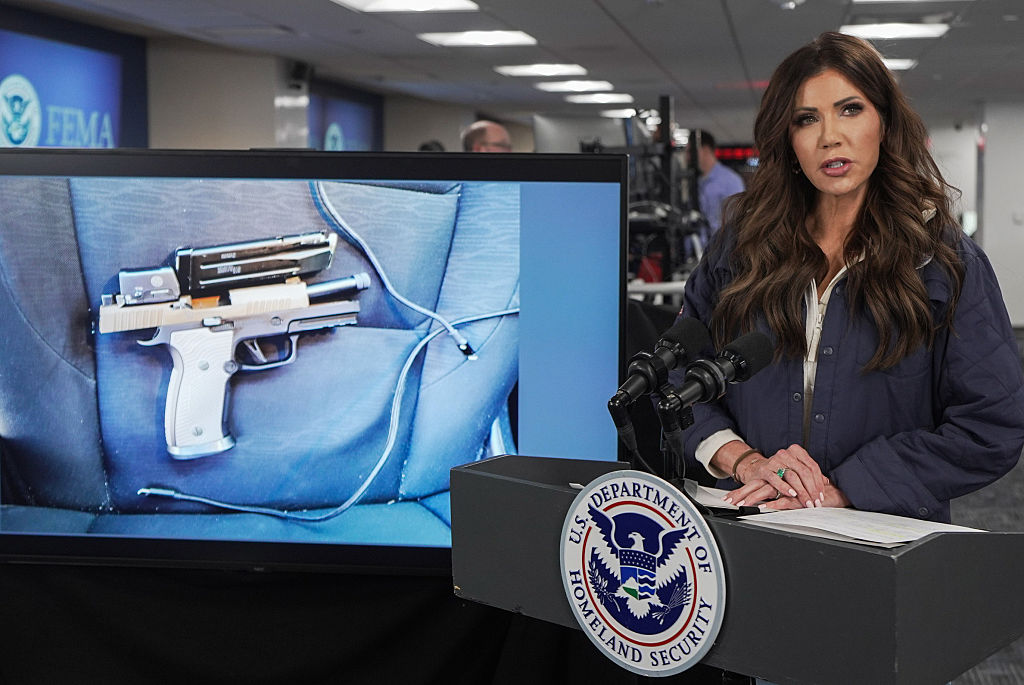What are your rights if airlines try to remove you from a flight?
The rough handling of an United Airlines (UAL) passenger who was dragged from his seat is raising questions about whether the carrier had the right to force him off the plane.
An outpouring of public outrage filled social media after fellow passengers posted videos of the incident, which showed a man who was traveling on United Airlines flight 3411 from Chicago to Louisville forcibly removed when the flight was oversold Sunday night. The airline said it chose passengers at random to be bumped from the flight. When the man refused to move from his seat, United Airlines called officers for assistance.
The incident raises questions about travelers’ rights, such as whether United has legal authority to remove a ticketed passenger who was already seated. Although the episode ended violently -- the man was injured as he was yanked from his seat -- and caused cries of alarm among fellow passengers, experts say United Airlines was within bounds to have the man taken off the flight.
“Usually, passengers are not physically moved, but a gate agent will say, ‘I’m sorry we don’t have a seat for you, here’s $1,000 for your trouble’,” said Zach Honig, editor-in-chief of travel site ThePointsGuy. “The issue is, when you are on an aircraft, you are really at an airline’s mercy. You can say, ‘I’d rather stay,’ but if they insist, you better get off the plane.”
Passenger rights are partially based on a document that may be unknown to most travelers: an airline’s “contract of carriage.” Each airline has their own such contract, which stipulates the terms between a transportation company and its customers. Typically, however, the contracts lay out similar rights and responsibilities.
Under these contracts -- which travelers automatically consent to when they buy a ticket -- airlines have legal discretion whether to bump passengers off a flight. That said, there is a protocol for how airlines should proceed, and kicking a seated passenger from a flight is rare, as it’s one of the last steps a carrier would normally take.
In the case of an oversold flight, United Airlines’ contract of carriage states it will first ask for volunteers to give up their confirmed seats in exchange for compensation. If no one volunteers, other passengers “may be denied boarding involuntarily,” its contract states.
So while United was within its rights, the incident raises questions of whether the crew of flight 3411 exercised good judgment in summoning security officers to remove the passenger.
Although United said the passengers were randomly picked to be removed from the flight, that’s not quite accurate. Its contract of carriage states that it will first run through boarding priorities to decide who is the likeliest to get kicked off the flight. Disabled passengers and unaccompanied minors are pushed to the end of the list, while other passengers are sorted based on fare class, whether they’re an elite member and how early they checked in for the flight.
“If you have elite status, you won’t run into situations like this,” Honig said. “If you want to do everything you can to avoid being involuntarily bumped, that includes checking in at beginning of the 24-hour window. The system will log the time you began the check-in process.”
So what about compensation if you’re involuntarily kicked off a domestic flight? United says it will pay 200 percent of the fare for the passenger’s first stopover, up to a maximum of $675, if the traveler arrives at the destination within one to two hours of his original arrival time. If it’s longer than that, United will pay up to 400 percent of the fare, or a maximum of $1,350.
Most airlines will pay in vouchers, but the Department of Transportation requires airlines to give cash compensation. If you prefer cash, you need to specify that request to the airline.
Travelers who are bumped involuntarily could view it as an opportunity to score freebies, Honig notes. Passengers could ask to be rebooked in first class, for instance, or ask for higher compensation.
“Even if they offer $1,000, you can ask for more,” he said, recalling how he took a request to voluntarily rebook, but asked for a first-class seat, which he received, as well as $500. “In some cases, this can work to your advantage.”
In the recent spate of Delta delays, for example, one family decided to use the system to their advantage after hitting problems on both legs of their trip. They walked away with $11,000 because of the airline’s offers to rebook on oversold flights.
Hong adds that the passenger was required to get off the plane when he was asked by the flight crew, although he believes both the officers and the airline should have handled the case differently. There’s also nothing in United’s contract of carriage that addresses how the airline should handle things if a passenger is already seated. In most cases, the airline picks customers for involuntary boarding denial while they’re still waiting at the gate.
“It’s shocking to see the video and how the police handled it,” he said. “They should have done more, such as offered more compensation to other passengers or even this passenger. Employees were following the procedures they have in place, so they may need to reevaluate their policies.”



